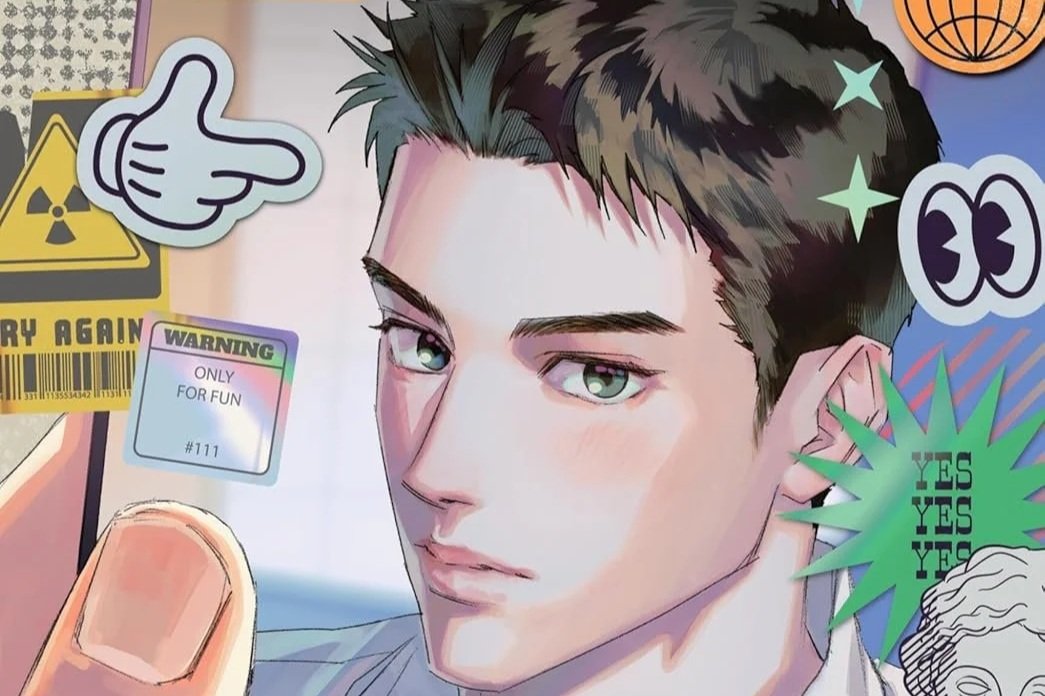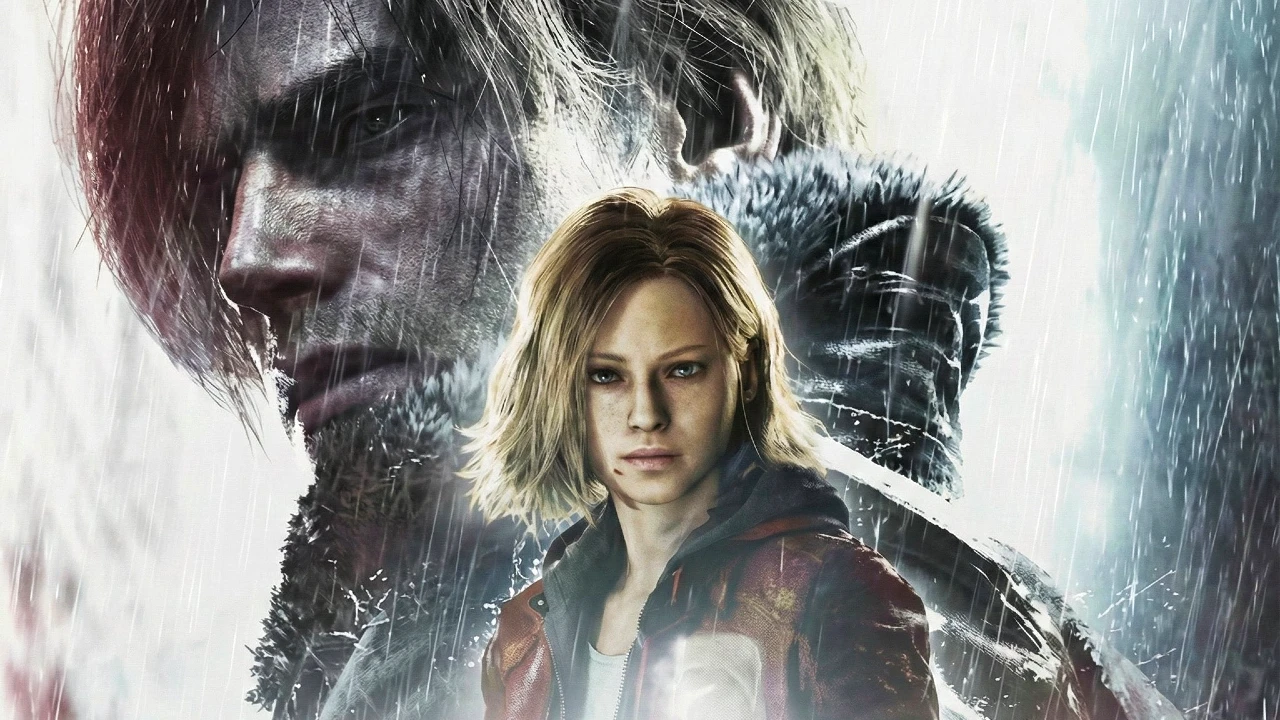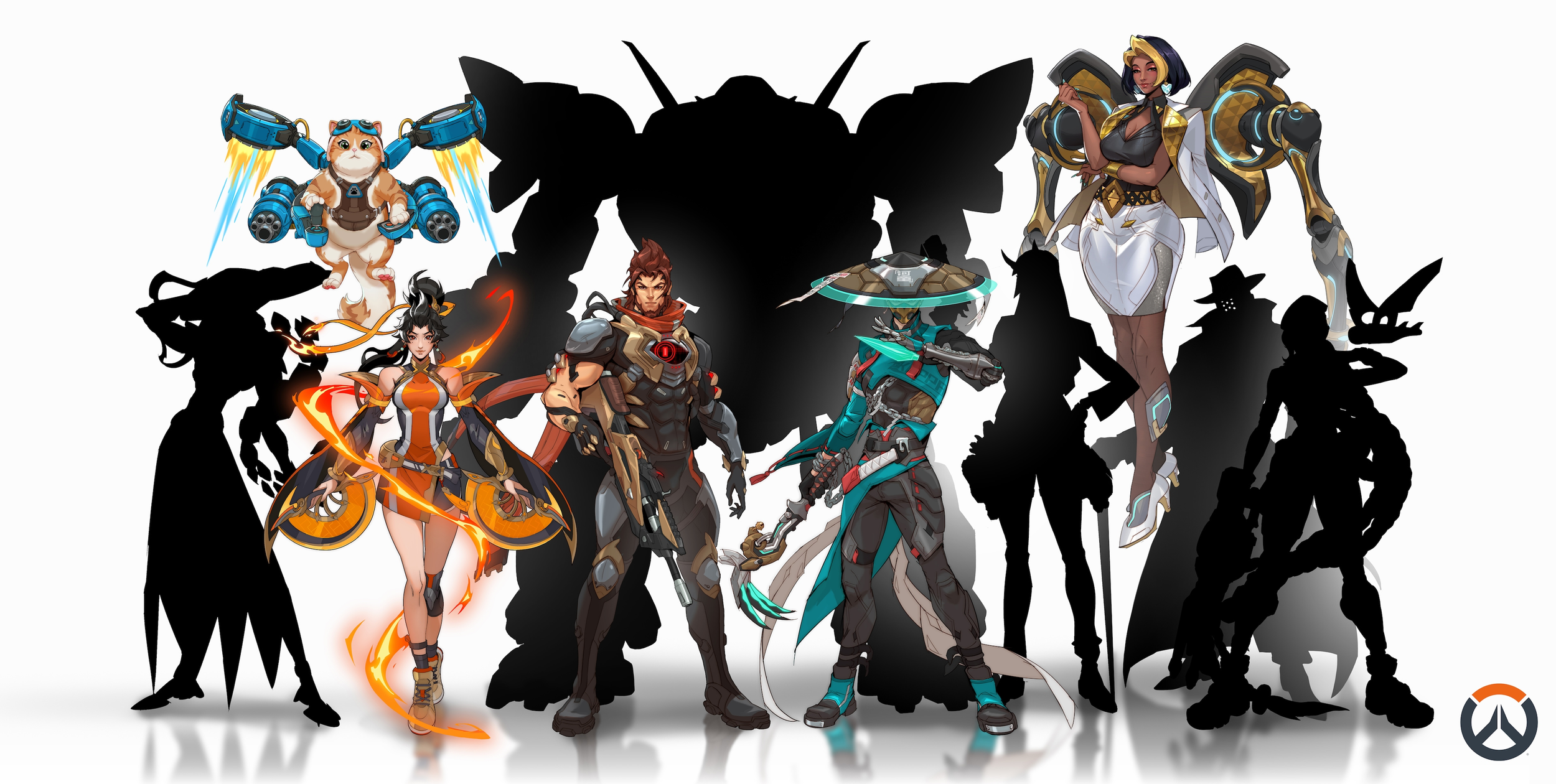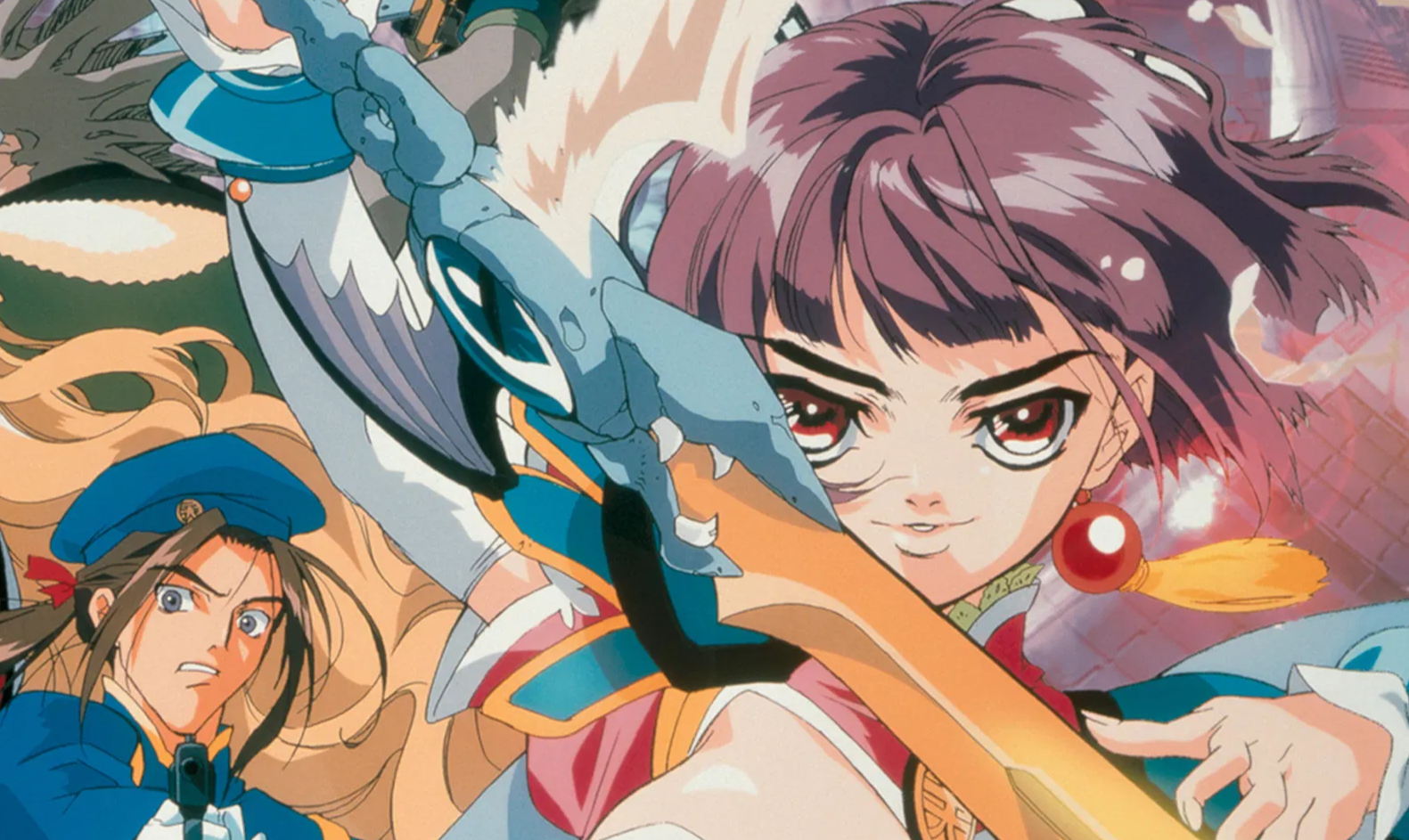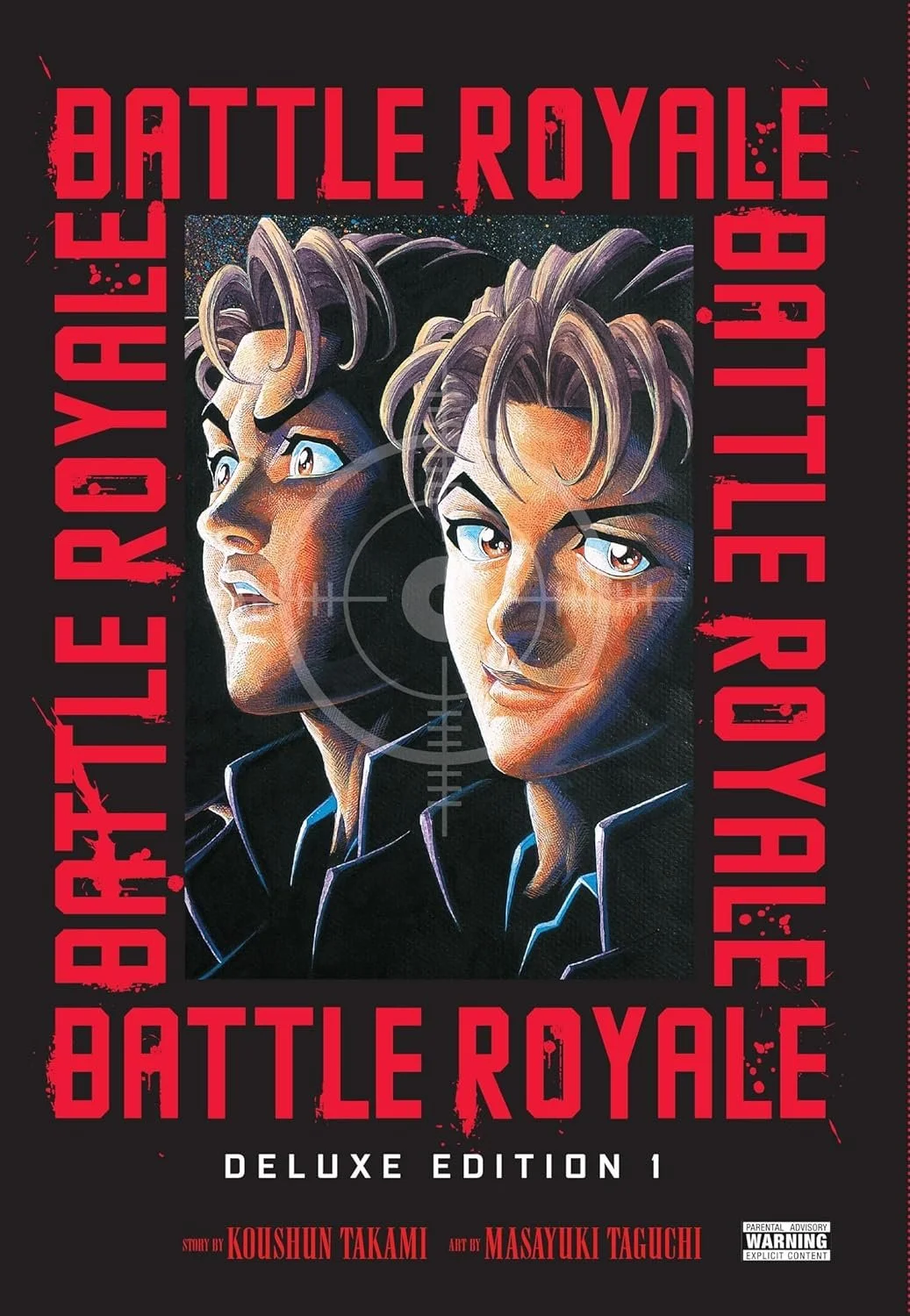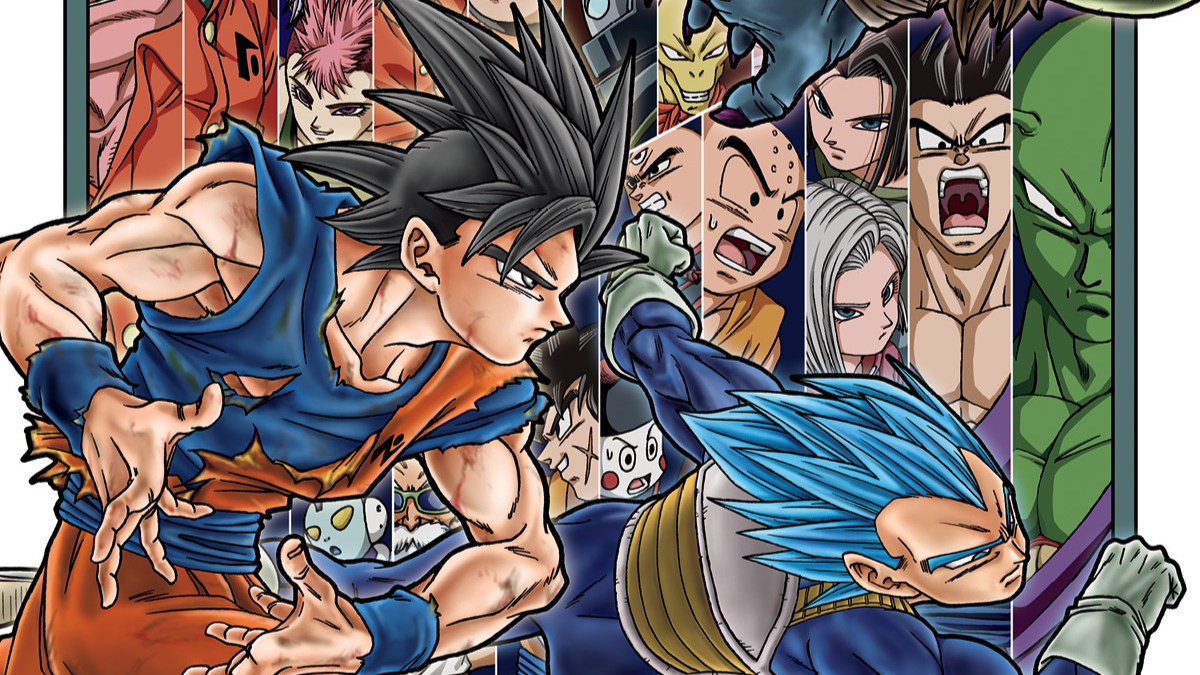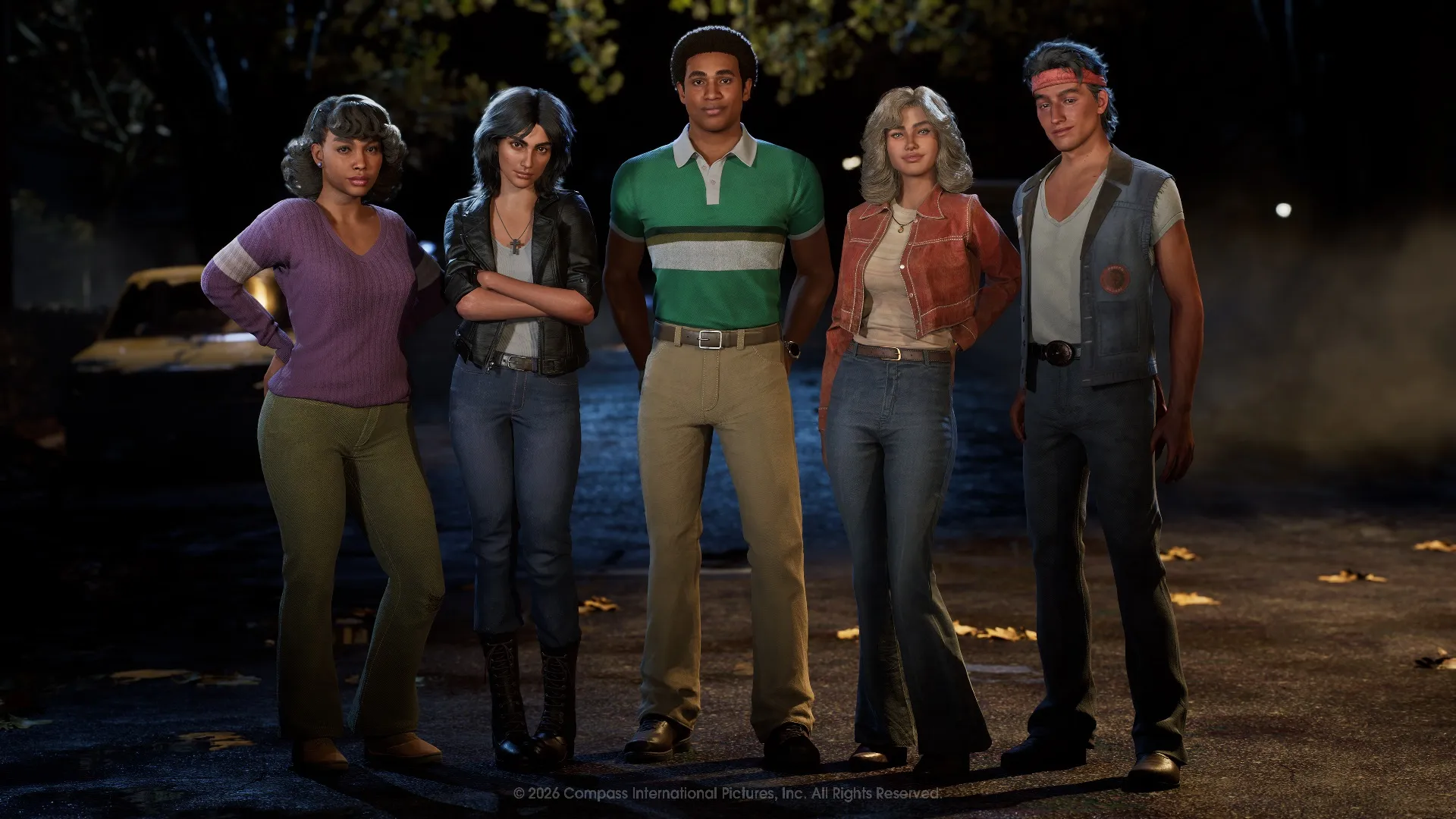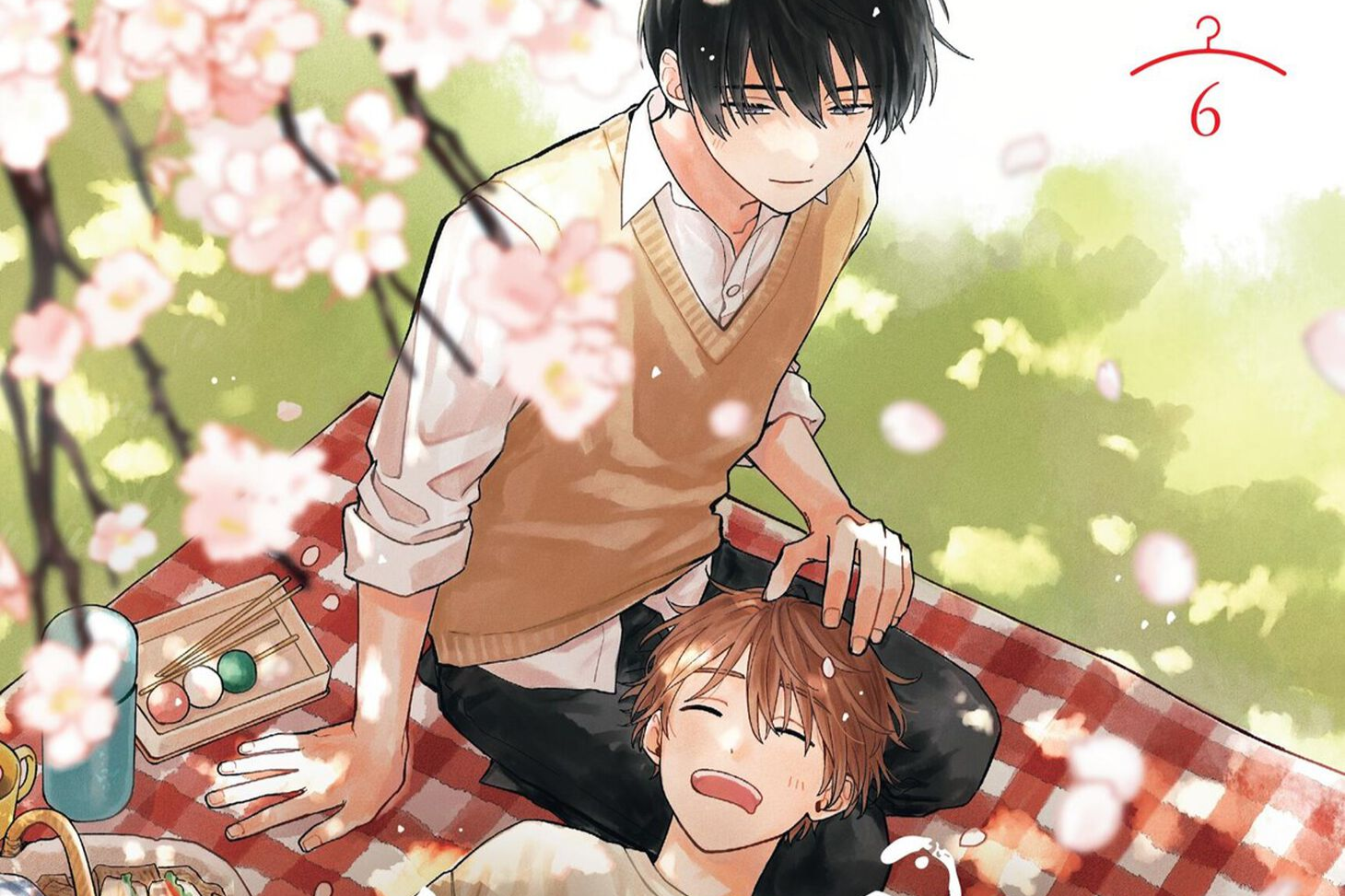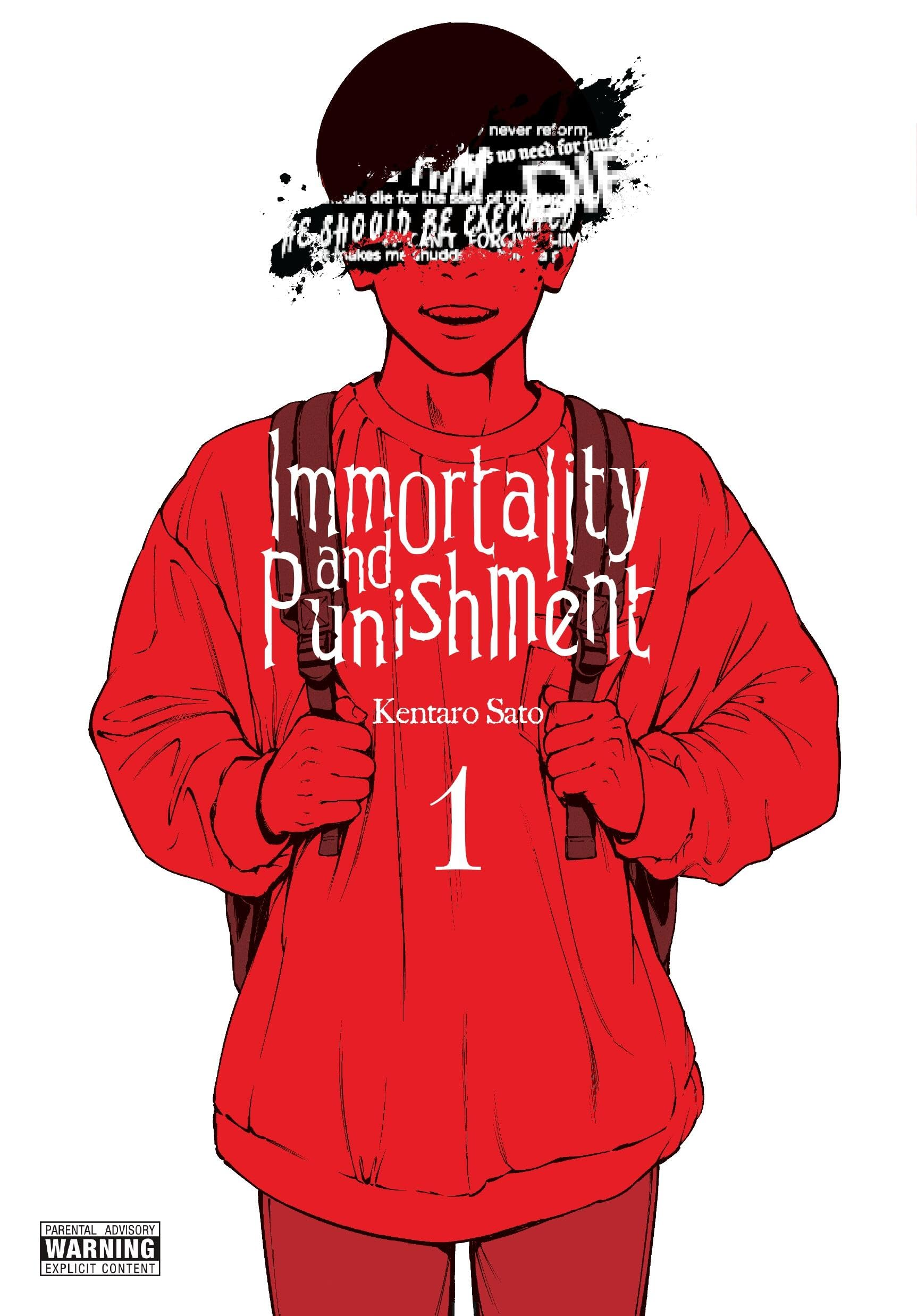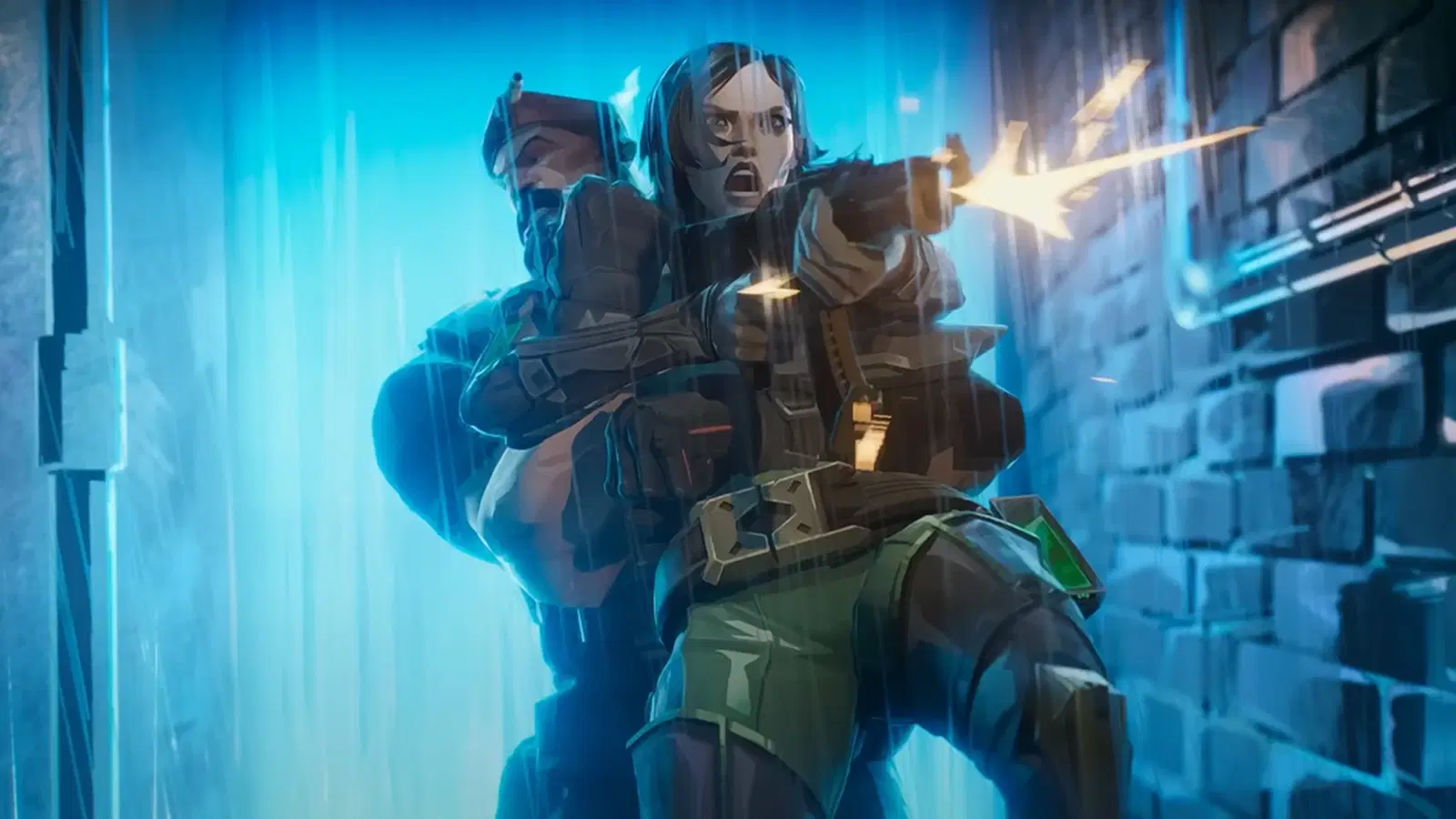The Summer Hikaru Died: Vol. 4 Review
REVIEW
✦
REVIEW ✦
It’s officially time to revisit our favorite ongoing manga, The Summer Hikaru Died — where elements of horror, mystery, grief, and an unlikely romantic spark continue to dominate the title’s consistently stellar plot. So, considering we’ve been waiting for this one after immersive ourselves in the spectacular volumes that came before, here’s our assessment of The Summer Hikaru Died Vol. 4.
The Plot
In the fourth volume of The Summer Hikaru Died, the narrative continues to unravel the complexities surrounding the enigmatic entity that has taken on Hikaru's appearance. And of course, Yoshiki continues to grapple with an unsettling sense of loss and intrigue, as he navigates a world where nothing is as it seems. But thankfully, there are some solid, reaffirming decisions being made about what that duo’s dynamic could entail moving forward into the title’s “mystery-solving arc.”
Within these specific chapters, the plot dually thickens as the boys delve into the town's intriguing history, leading them to a library (and later a housewife’s home), where they stumble upon a chilling revelation that feels crucial to the manga’s ongoing nature. The framing of this all-important plot reveal is flawlessly executed in the volume, with the town's eerie past being gradually entwined with the current existential dilemmas faced by Yoshiki. Additionally, as we start to receive insight into these terrifying figures known as “impurities,” the story feels like it’s accelerating at a rapid pace, and we’re entirely captivated by each panel.
The Characters
Character development in this volume is profound yet subtle, with Yoshiki emerging as a figure who’s no longer torn between loyalty and reason. His interactions with "Hikaru" allow for moments of genuine connection, making the reader understand the deep nature of friendship and the essence of the person one cherishes — leading him to make a definitive choice about Hikaru’s place in his life. Hikaru, although not the original, still exhibits traits that resonate deeply with Yoshiki, thus sometimes complicating feelings of grief or acceptance — and regardless of his clarity, the fourth volume still emphasizes that pattern with the utmost consistency.
Getting to watch this natural pairing work alongside each other (regardless of their beyond-reasonable hiccups in the first three volumes) makes for another strong focal point of the title, reminding its readers that there’s plenty of character-based progression being considered.
The Art
The artistry in The Summer Hikaru Died continues to offer exceptional talent, with its delicate line work and reliable genre-based character designs reminding readers that it is worthy of mainstream attention. The use of darkness and deep shading in the story effectively conveys the atmospheric tension that permeates this volume (and overall, this title) where backgrounds are intricately detailed, grounding the ethereal events in a contextual world — and the characters' expressions capture the nuances of their emotional states. And we can’t forget the sheer horror depicted in moments like Yoshiki’s window sighting, a shadowy visitor, or the impurity that caused our two favorites to basically blackout.
So needless to say, there are genuinely a lot of horror visuals to enjoy in this volume. Though, beyond its atmospheric bliss, the title also shines when it’s given the chance to showcase homes or detailed rooms, setting each character up for a personalized space that makes readers even more invested in plot-heavy, intimate exchanges.
Themes and Symbolism
Throughout this volume, the key themes of identity, memory, and companionship are examined in depth. The imposter phenomenon raises questions about what it truly means to know someone and the essence of memory itself, even finding its way into the story through notes or conversations that create more questions for both characters. Outside of the manga’s main pairing, several peripheral characters are now starting to join the recurring conversations surrounding identity, forcing the primary characters to challenge their stances.
Symbolically, the library in this volume also serves as a universal gateway to the past, where the characters seek answers about their friendship and the nature of their connection to "Hikaru" which gets some firsthand detailing that isn’t necessarily limited to pages or binding. Later on, a character who shares her own story about a human and impurity also symbolizes what could be for the duo, but fortunately, they’re both already exhibiting a desire to avoid that dreaded path entirely.
The Verdict
The Summer Hikaru Died Vol. 4 masterfully continues to build upon the foundation laid in previous volumes, deepening the exploration of its core themes with a lush horror narrative and visually stunning art.




